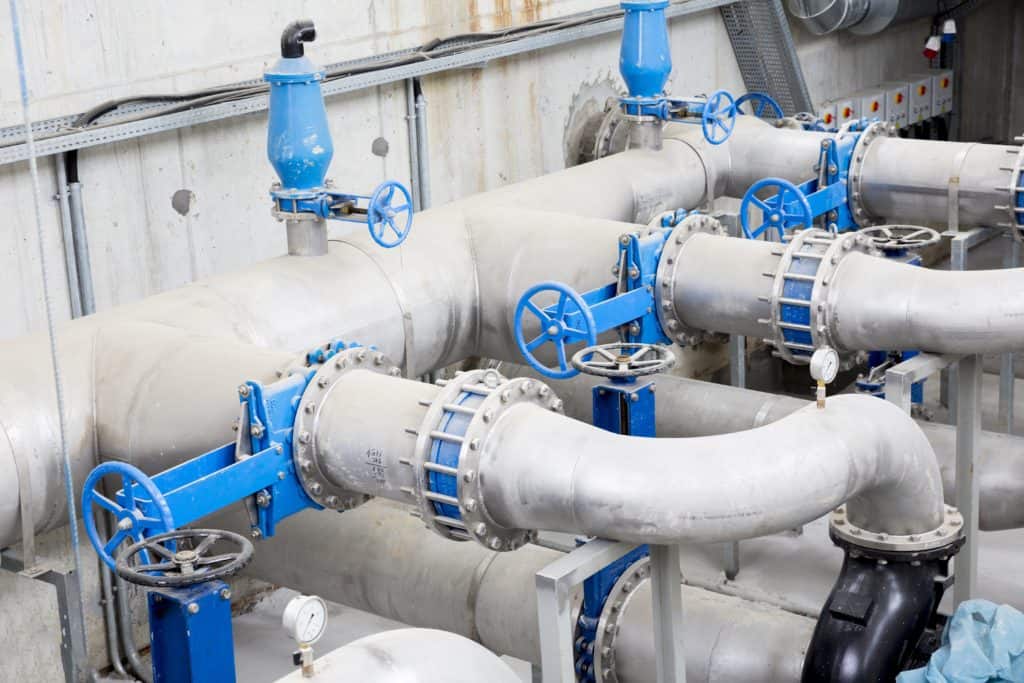When you are processing wastewater, there is naturally a more demanding variety of materials and fluid consistencies running through your plant. Having a pump that can handle solids is a must. At Cortech Engineering, we are in the business of helping operators find the best pumps for their specific applications. When selecting a wastewater solids-handling pump, here are some of the key things you need to consider.
- Types of Wastewater Pumps
The most popular models of wastewater solids-handling pumps are ejector pumps and grinder pumps. These pumps use different motors and impellers to develop flows, and also offer different pump housings to handle different solid sizes. It’s important to understand the solid materials you are processing and the flow rate you want to maintain as you select a wastewater pump.
- Understanding the Flow
One common misconception about pumps is that they create pressure. They actually create flow, but the challenge with solids is that they can also restrict flow. The areas of a pump that can affect flow include the orifice sizes, clearances, pipe diameters/lengths, and the pump housing. You want to have the right configuration of components and sizes to achieve the desired flow rate.
- How the Impeller Works
Whereas a grinder pump will have extra mechanical components that actually grind up the solid waste, traditional solids handling pumps are designed in a way that minimizes contact between the process material and the rotating parts.
The type of impeller used will determine how efficient the pump is, as well as the issues that may arise such as wear, corrosion resistance and clog reduction. For instance, semi-open impellers enter the flow path in the pump housing. This makes them consistent with flow rates, but prone to clogging. Meanwhile, vortex impellers are more clog resistant but are less efficient overall.
- Water Quality
Knowing your overall water quality and the wastewater materials that need processing is a very important part of choosing the right solids-handling pump. Chlorine level, granular particulates like sand or gravel, pH balance and other factors should be taken into consideration.
- Impeller Materials
The materials used in the construction of impellers is also something to look at. Ductile iron is the most common material and it is very cost-effective. Unfortunately, it has some limitations based on water quality. Bronze and stainless steel are more expensive and have some of their own drawbacks. Yet, they are designed for abrasion, cavitation and chemical resistance.
- What Solids Are Being Processed?
Last but certainly not least, it’s helpful to understand the solids that are being processed in your plant. Every situation may be a little different and that will greatly affect the pump that will be ideal for your wastewater operation. Knowing your materials will enable you to select the right type of solids-handling pump and configure/maintain it for the best possible results.
To learn more about wastewater solids-handling pumps from leading manufacturers like BJM Pumps, contact Cortech Engineering today. Let us help you get the right pump for the job and make your wastewater operation run as efficiently as possible.

